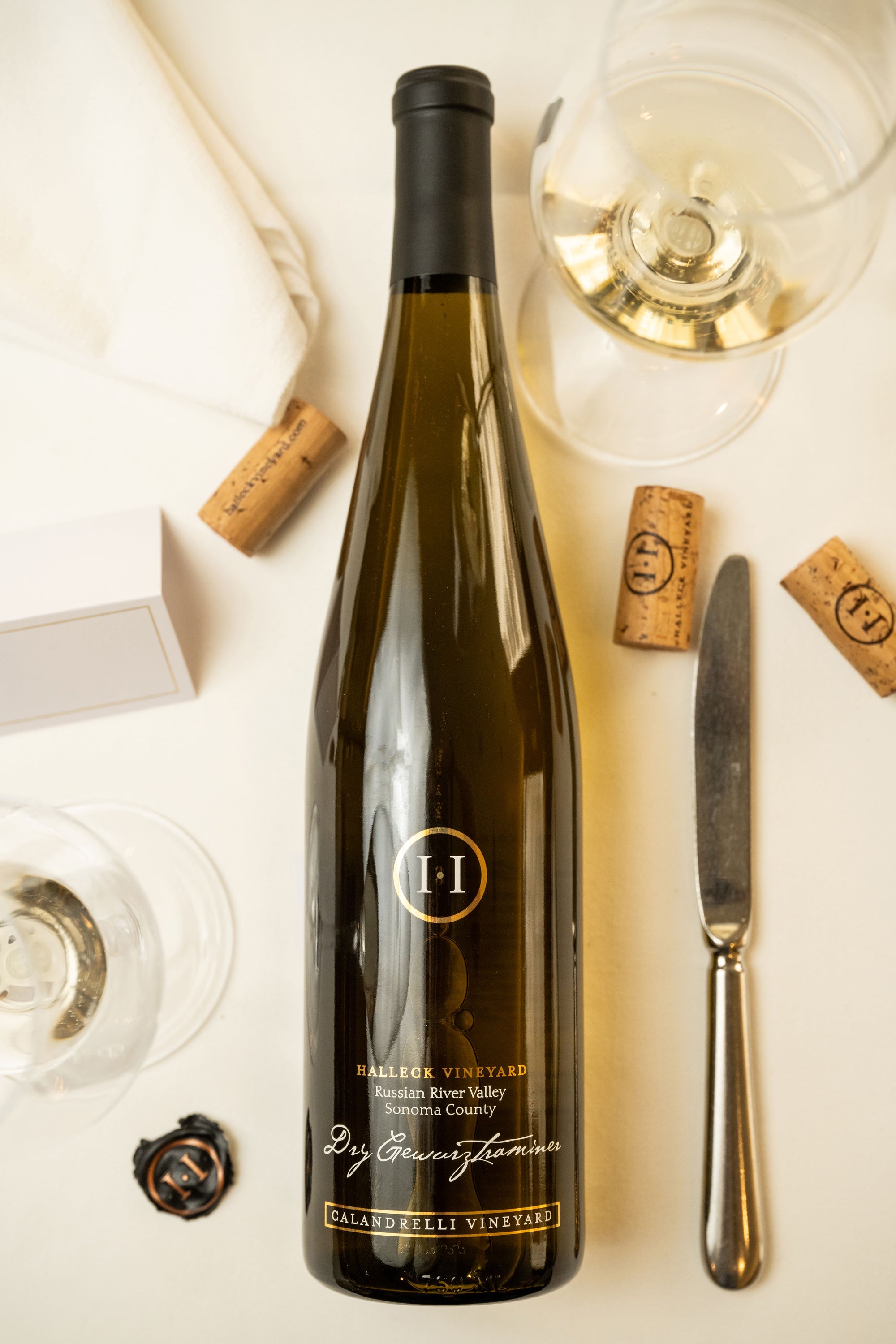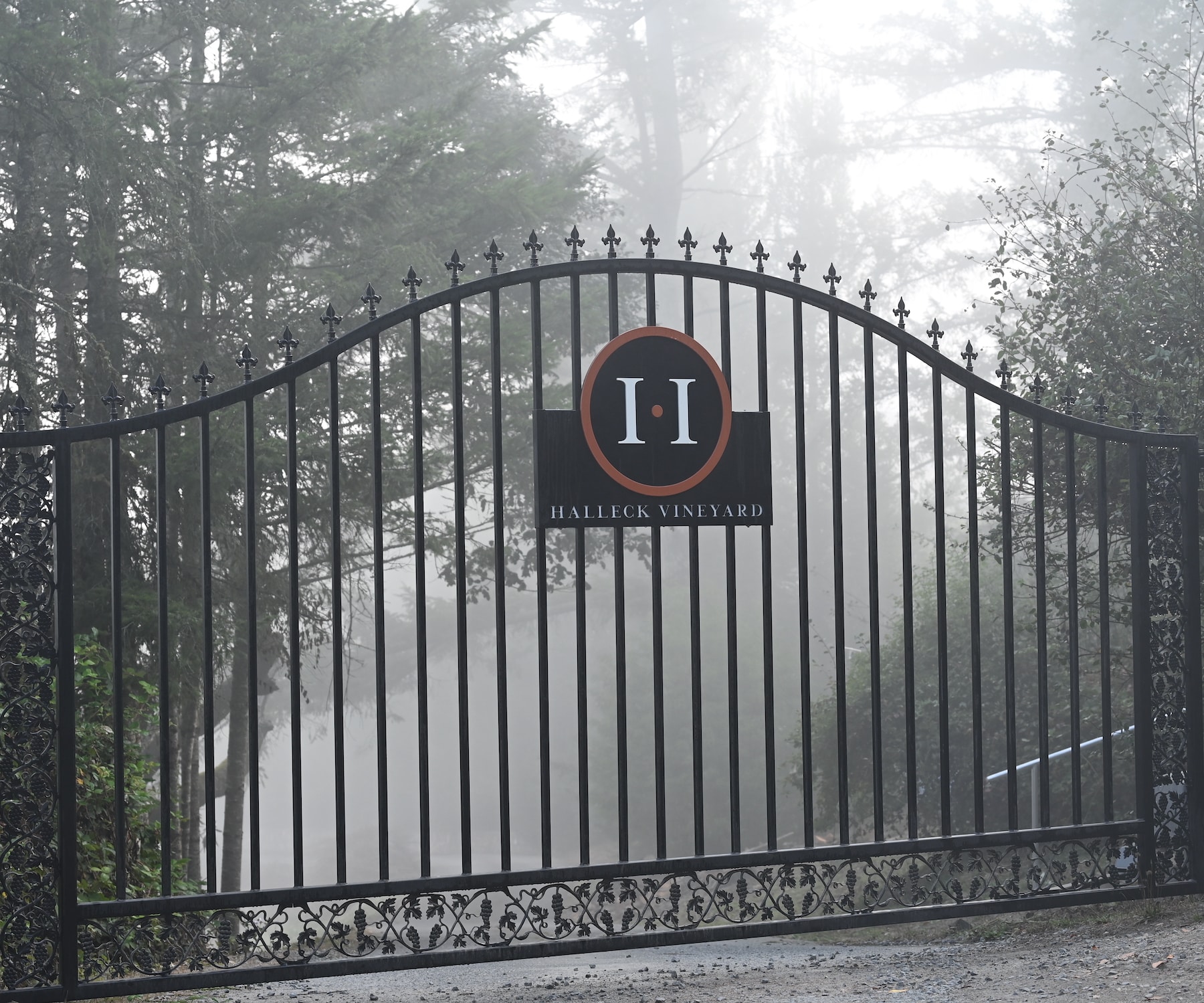Wineries Near Sonoma Square - Wine Tours And Tastings In Sebastopol
Vineyard Picnic Spots In Sonoma Valley - The Beauty Of Sebastopol Wineries
Visiting a winery for a wine tasting can be an enchanting experience, particularly when you understand how to maximise the opportunity with tasting notes. These notes function a guide to understanding the complexities of the wines you sample and assist in forming a deeper connection with every pour. Using tasting notes can rework your experience, allowing you to savor not just the taste but additionally the story behind every bottle.
Every wine has a singular profile influenced by grape selection, terroir, and winemaking techniques. Understanding these components can enhance your appreciation of the wine. When you are given a tasting menu or a flight of wines to pattern, take the time to learn via any descriptions provided (Beautiful Picnic Areas At Sonoma Wineries). This preliminary overview can set the tone and expectations in your tasting experience.
Start your wine tasting by observing the wine in your glass. The color can reveal lots in regards to the wine’s age and varietal. Take notes on the hue, readability, and viscosity. A well-structured tasting note usually includes this visual assessment because it varieties the muse of your evaluation. While it might seem trivial, the visible aspect is crucial in wine tasting.
Wineries With Sustainable Practices - Exploring The Vineyards In Sonoma County
After your visual evaluation, it is time to take a mild whiff. Swirl the wine in your glass to aerate it, releasing its aroma. This is the place tasting notes turn out to be significantly useful. Make notes about the different scents you detect—fruits, spices, or floral hints. Identifying these aromas will help you put words to the intrinsic complexities of the wine you are sampling.

The next crucial step is the tasting itself. Take a small sip and let the wine roll over your palate. Note the flavors you experience. Are they sweet or tart? The Place does your palate detect every flavor? Some wines could current quick sweetness followed by a tannic finish. Use your tasting notes to document these layers, making a roadmap of your sensory experience.
Think About additionally the mouthfeel of the wine as you style. Is it smooth, crisp, creamy, or perhaps tannic? This textural quality considerably influences the general enjoyment and impression of the wine. Observing the mouthfeel can reveal the standard and craftsmanship behind the winemaking course of.
It Is helpful to match completely different wines as you taste them. If you are sampling a flight with contrasting varietals, make a remark of the differences you perceive. How does the acidity vary from one wine to another? Which wine feels fuller, and which is extra refreshing? This comparative exercise deepens your understanding and helps sharpen your analytical skills.
Wineries Pairing Wine With Chocolate - Best Wine Tasting Spots In Sonoma County

Engage with the winery employees whereas tasting. Educated hosts often share insights in regards to the vineyard's history, the precise vintage, or the winemaking philosophy, enriching your appreciation of the wine. Do Not hesitate to ask questions that pique your curiosity based mostly on your tasting notes. Many hosts take pleasure in discussing their wines and can provide a wealth of information that isn’t readily available from printed supplies. Spectacular Vineyard Views In Sonoma.
Maintain in mind click for more info the seasonality of wines as you style. Different wines evoke diversified moods and pair well with distinct culinary experiences. Take notes on how you may get pleasure from a particular wine with food. This not only adds context to your tasting notes but in addition aids future alternatives and purchases.
Another helpful tip whereas utilizing tasting notes at a winery is to record your impressions instantly. As wines can mix and create a uniform flavor reminiscence, jotting down your ideas promptly ensures a extra correct reflection of your experience. Use adjectives that resonate with you, crafting a personal vocabulary to describe every wine based mostly in your preferences.
After completing the tasting, evaluate the notes you’ve taken. Replicate on which wines stood out to you and why. This reflection reinforces your tasting experience and highlights what you may seek in future purchases. If you have noted specific aromas or flavors that captivated you, this information empowers you to select wines that align together with your palate.
Wineries Promoting Wine Club Memberships - Winery In The Sonoma Wine Region
Wine tasting can even serve as an opportunity for socializing. Sharing your tasting notes with companions can ignite participating discussions on flavors, preferences, and impressions. This communal facet of wine tasting usually enhances the experience, cementing lasting reminiscences that you can recall with a cup of wine in hand.
In conclusion, using tasting notes at a winery wine tasting Source can significantly improve your experience. By observing the visual features, aromas, flavors, mouthfeel, and even the tales behind the wines, you create a rich tapestry of notes that can guide your future wine experiences. Engaging with the workers, comparing wines, and reflecting in your impressions will deepen your appreciation for the art of winemaking. Each tasting is a chance to discover and connect with wines in exciting new methods. With practice, your tasting notes will evolve, changing into a cherished component of your wine journey.
Wineries Near Santa Rosa - Vineyard Visits And Wine Tasting In Sonoma
- Start by familiarizing yourself with the winery's tasting notes; they often describe the wine’s aroma, flavor profile, and finish, providing a useful framework.
- Use your senses of sight and odor before tasting; swirl the wine in your glass, observe its shade, and inhale its bouquet to seize the wine's preliminary traits.
- When tasting, take a small sip and let the wine coat your palate; concentrate on the first flavors and any secondary notes which will emerge, corresponding to fruit, spice, or earthiness.
- Pay consideration to the texture and mouthfeel of the wine; is it smooth, tannic, creamy, or crisp? This aspect can considerably improve your understanding of the wine.
- Examine the tasting notes with your sensory experience, noting any similarities or discrepancies, which might deepen your appreciation of every wine’s complexity.
- Think About the wine’s getting older potential by analyzing its structure and stability; some wines may be pleasant now, while others could evolve superbly over time.
- Take notes in the course of the tasting; recording your impressions might help you remember each wine better and refine your palate for future tastings.
- Engage with the tasting workers; ask questions in regards to the wine production course of, grape varieties, and the specific notes you are detecting to reinforce your knowledge and experience.
- Explore pairing suggestions alongside your tasting; understanding which foods complement the wine can enrich both the tasting experience and your appreciation for the wine's nuances.
- Respect various preferences among your group; wine tasting is subjective, and encouraging open dialogue about individual tastes can lead to a extra gratifying and informative experience.undefinedWhat are tasting notes, and why are they important at a wine tasting?undefinedTasting notes are descriptions of the flavors, aromas, and total impressions of a wine. They are important as a outcome of they guide your palate and enhance your understanding of the wine's traits, helping you recognize totally different varieties and styles.
How should I take notes during a wine tasting?undefinedYou ought to give attention to key components similar to aroma, flavor, physique, acidity, and finish. Use a structured format or template to categorize your ideas and write down your impressions immediately after tasting. This helps you keep in mind your ideas later.
Am I Able To use my own words to explain a wine, or ought to I stick to standard tasting terms?undefinedYou can completely use your own words to explain a wine. Whereas commonplace tasting terms might help convey particular qualities, personal descriptors add authenticity to your notes and might make your wine experience extra gratifying and relatable.
Ought To I focus on particular flavors within the wine or the general experience?undefinedBoth aspects are essential. Whereas specific flavors help you establish the unique characteristics of a wine, the general experience encompasses how all elements combine—creating a extra holistic understanding of the wine.
Affordable Wine Tastings In Sonoma County - Best Winery In Sonoma For Quality Wine
What if I can't determine sure aromas or flavors throughout a tasting?undefinedIt’s common to have issue identifying particular tastes or scents. Don’t hesitate to ask for help or guidance from the workers at the winery. They can present insights and help refine your palate over time via practice.
How can I use tasting notes to choose wines in the future?undefinedBy reviewing your tasting notes, you'll find a way to determine your preferences and developments in your wine choices. This lets you choose wines that align together with your palate in future tastings and purchases, making your experience more pleasant.
Is it appropriate to check wines during a tasting?undefinedYes, comparing wines could be helpful. It helps highlight the differences in flavor profiles and attributes, allowing you to develop a deeper appreciation and understanding of each wine's distinctive qualities.
What ought to I do if I disagree with the tasting notes supplied by the winery staff?undefinedDisagreement is a pure part of wine tasting! Use it as an opportunity to debate your impressions with the employees; they will provide further context or information about the wine, which can enrich your experience.
Wineries Offering Off The Beaten Path Experiences - Wineries In The Sebastopol Region
How ought to I organize my tasting notes after the event?undefinedAfter the tasting, arrange your notes by wine type, producer, or personal choice. Consider making a digital or physical journal which may be referenced for future tastings and wine selections, making it simpler to recall your experiences.